Economics equips students with analytical tools to understand how resources are produced and distributed within societies. The curriculum covers essential areas including microeconomics (individual consumer and business decisions, market structures), macroeconomics (national income, employment, inflation, monetary policy), international trade, economic development, and data analysis using statistical methods. Students develop critical thinking, quantitative reasoning, and problem-solving abilities highly valued in today's job market. This foundation in economic theory and practical applications prepares graduates for diverse careers in business, government, banking, and nonprofit sectors, with solid pathways to management, law, policy analysis, education, and consulting. The program is specifically designed to fulfill lower-division requirements for seamless transfer to four-year institutions. Students interested in economics or business majors should consult with a counselor regarding transfer requirements. Our approach connects economic concepts to real-world issues affecting students' communities and personal financial decisions, making the discipline both practical and relevant.
Degrees & Certificates
-
Economics AA-T

